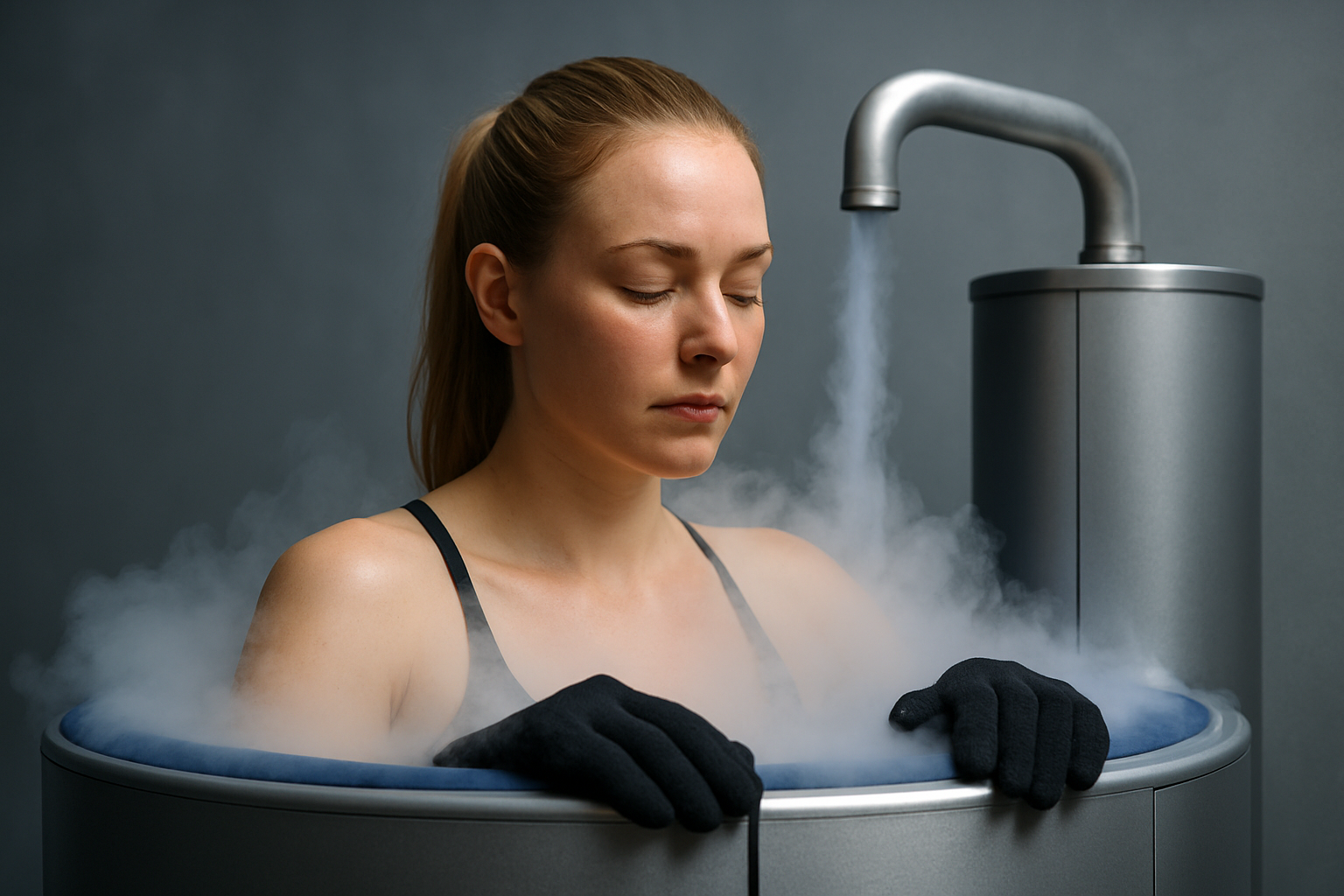Long-Term Hydration Support: Clinical and Home-Based Strategies
Long-term hydration support combines clinical assessment, rehydration methods, ongoing monitoring, and practical home-based routines to prevent recurrent fluid deficits. This overview covers assessment, electrolyte management, infusion options, nutrition, oral care, and eldercare-focused hydration plans.

Effective long-term hydration support addresses persistent or recurrent fluid deficits through coordinated clinical care and practical home routines. A comprehensive plan begins with careful assessment of symptoms, intake patterns, medication effects, and underlying conditions that influence thirst and losses. From there, targeted rehydration, attention to electrolytes, nutrition and oral care, and ongoing monitoring create a sustainable approach that protects kidney health and daily function while fitting into everyday life.
This article is for informational purposes only and should not be considered medical advice. Please consult a qualified healthcare professional for personalized guidance and treatment.
Assessment and early signs
Assessment starts with a clinical history and simple observations: changes in weight, reduced urine output, dark urine, dizziness, or persistent dry mouth can all indicate inadequate hydration. Healthcare providers will review medications that affect fluid balance (diuretics, laxatives, some antihypertensives) and evaluate chronic conditions such as diabetes or heart failure that change fluid needs. At-home assessment tools include daily fluid logs, monitoring urine color and frequency, and reporting new symptoms to primary care or local services for further evaluation. Periodic laboratory tests such as serum electrolytes and creatinine help quantify dehydration and its effects on kidney health.
How does rehydration work and role of electrolytes
Rehydration replaces lost fluids while correcting electrolyte disturbances. Oral rehydration solutions containing sodium and potassium are effective for mild to moderate dehydration because they support fluid absorption and restore electrolyte balance. Plain water can restore volume but may dilute electrolytes if losses are significant. Clinically, isotonic intravenous fluids are used when rapid restoration is needed or oral intake is not possible. Understanding how electrolytes influence fluid distribution and cardiac and renal function helps clinicians choose appropriate rehydration methods and avoid rapid shifts that could harm kidney health or cardiovascular stability.
Supporting fluid balance with nutrition and oral care
Nutrition plays a dual role by providing fluids and supporting overall health. Foods with high water content—broths, stewed fruits, smoothies, and cooked vegetables—contribute to daily intake while delivering calories and micronutrients. Managing salt and protein intake according to medical advice helps preserve kidney health in those with chronic conditions. Oral care matters because dental pain, dry mouth, or swallowing difficulties reduce the desire or ability to drink. Simple measures like oral lubricants, frequent small sips, flavored or temperature-varied beverages, and adapted cups or straws can improve intake for people with oral or swallowing issues.
When infusion is appropriate
Infusion becomes appropriate when oral rehydration is insufficient or unsafe. Intravenous infusion is commonly used in acute settings for more severe dehydration or where gastrointestinal absorption is impaired. For chronic or recurrent issues, some patients may receive scheduled outpatient or home-based infusion therapies under medical supervision; these require careful selection of fluid type, rate, and monitoring protocols. Decisions about infusion involve evaluating risks such as vascular access complications, infection, and electrolyte imbalances, and always involve coordination with healthcare teams and local services that provide supervised infusion support.
Monitoring, kidney health, and follow-up
Sustained hydration requires structured monitoring: daily weight checks, fluid intake logs, urine output tracking, and symptom diaries help detect gradual declines before they become severe. Regular laboratory monitoring of electrolytes and renal markers is important for people with chronic illnesses or those on medications that affect fluid balance. Adjustments to fluid targets, electrolyte supplementation, or medication regimens should be made in consultation with clinicians. Clear documentation and periodic review of hydration plans ensure that interventions remain safe, especially for individuals with vulnerabilities to changes in fluid status.
Hydration plans for eldercare and daily routines
Eldercare settings often require tailored hydration plans to overcome reduced thirst perception, mobility limitations, and cognitive impairment. Structured approaches include scheduled fluid offerings, using preferred beverages, offering nutrient-rich fluids during meals, and training staff or family caregivers in monitoring and oral care techniques. Hydration plans should be individualized, accounting for swallowing safety, dietary restrictions, and coexisting medical conditions. Coordination with dietitians, nurses, and primary care providers supports feasible, person-centered routines that aim to reduce complications of chronic dehydration while respecting preferences and daily rhythms.
Conclusion Long-term hydration support is a multi-faceted process that combines accurate assessment, considered rehydration choices, nutrition and oral care strategies, and consistent monitoring to maintain fluid balance and protect kidney health. Individualized hydration plans that integrate clinical guidance with practical home-based measures offer the best chance of preventing recurrent dehydration and preserving quality of life over time.




